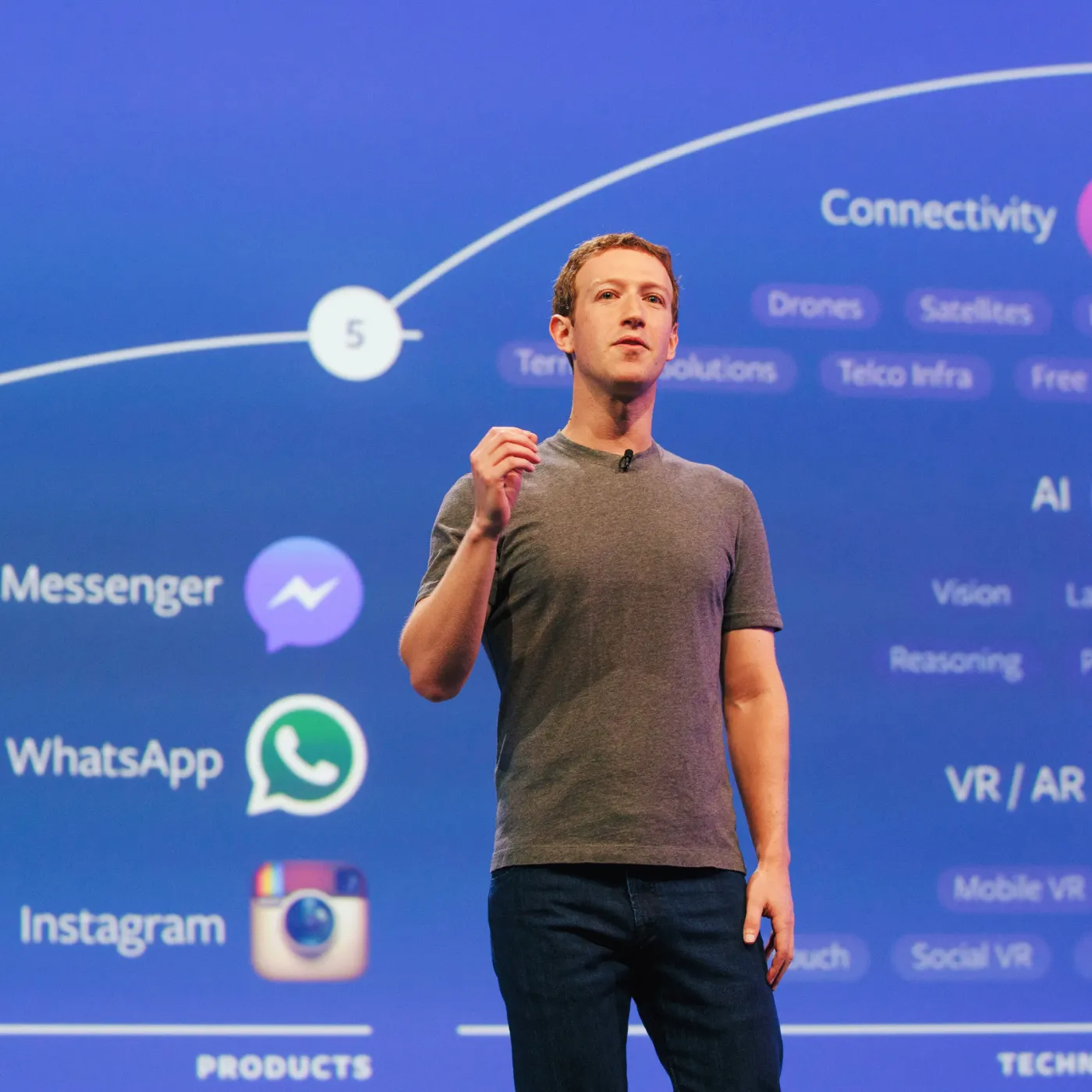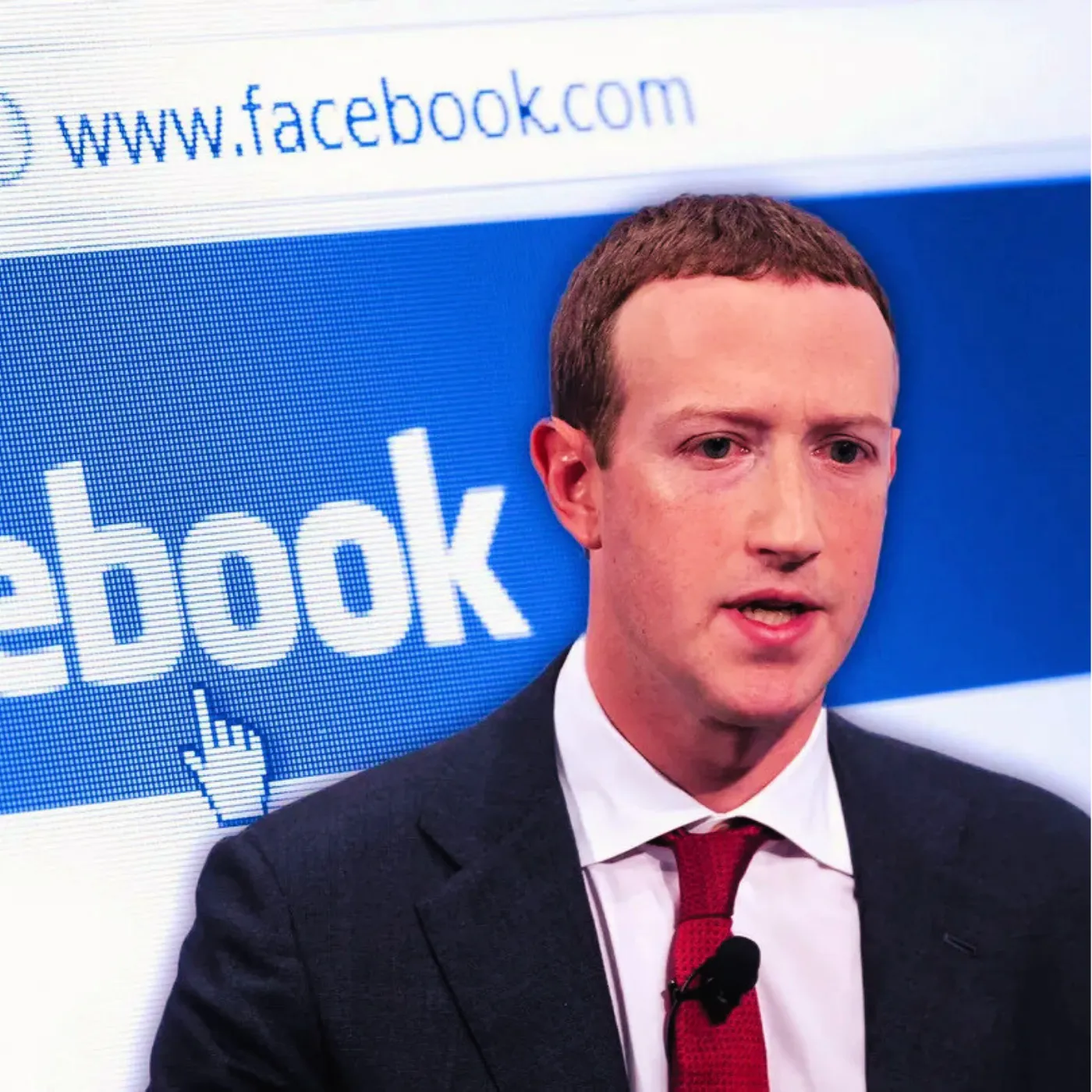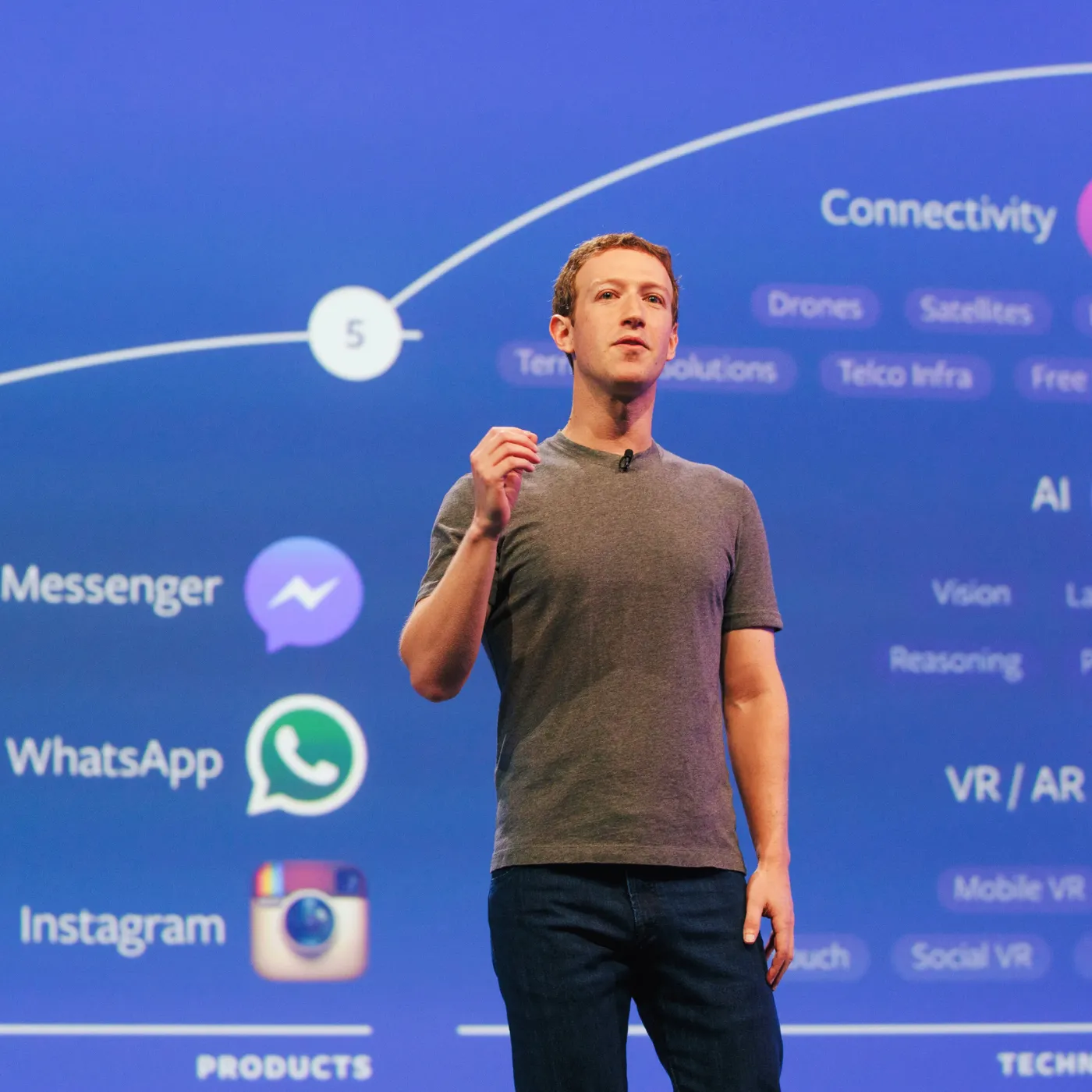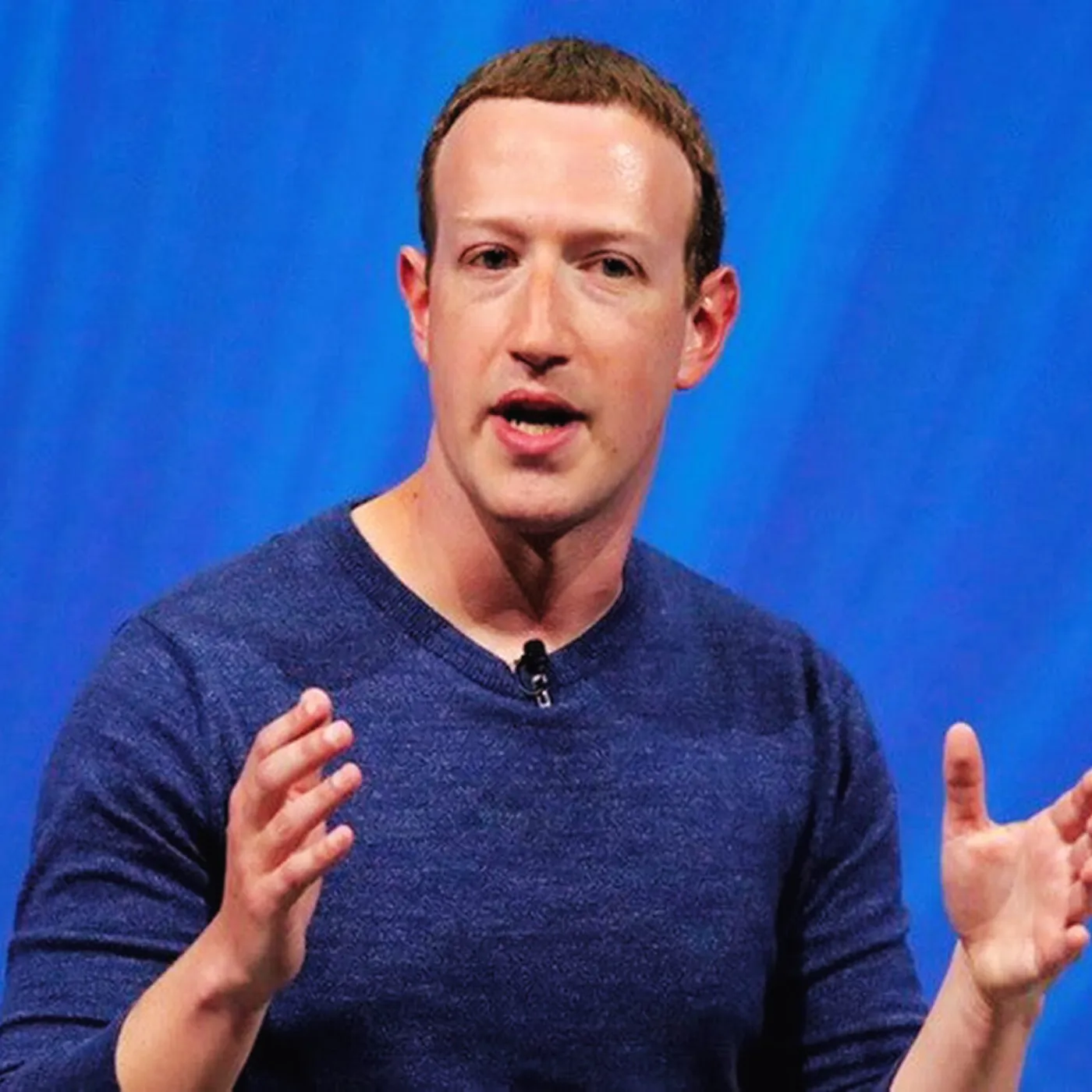

Mark Zuckerberg’s Radical Facebook Revolution Idea Sends Shockwaves Through Social Media
In the cutthroat world of social media, staying culturally relevant isn’t just a goal — it’s a survival game. Few understand this better than Mark Zuckerberg, the visionary behind Facebook, a platform that once ruled the digital landscape but now faces fierce competition from flashier, younger apps like TikTok and Snapchat. As Facebook’s grip on the zeitgeist loosens, Zuckerberg has reportedly hatched a radical idea to breathe new life into his creation: What if we just unfriended everyone?

At first glance, this idea sounds downright insane — the digital equivalent of burning bridges, a scorched-earth strategy in a world where more connections supposedly equal more value. But beneath the surface lurks a bold attempt to reinvent Facebook’s culture, pivoting from the endless scroll and superficial connections to a platform centered on real relationships and meaningful engagement.
Why Facebook’s Cultural Relevance Is Fading Fast
To understand the weight of Zuckerberg’s plan, we have to grasp the current state of Facebook. Once the go-to platform for sharing life moments, Facebook has morphed into a sprawling, cluttered space saturated with clickbait, political noise, and disengaged users. The average user’s feed is now an endless mix of ads, viral challenges, spammy posts, and content that doesn’t spark genuine connection.
This saturation has driven younger demographics away, who prefer fast-paced, visual platforms like TikTok. Facebook is often seen as the place “your parents” hang out, far from the cultural pulse of youth and innovation. The social media giant’s relevance is slipping, and the pressure on Zuckerberg to act is enormous.
The “Unfriend Everyone” Concept — What Does It Really Mean?
When Zuckerberg floated the idea of “unfriending everyone,” he wasn’t literally suggesting everyone delete all their friends. Instead, this represents a conceptual reset, an invitation for users to re-evaluate their social graphs, prune irrelevant or inactive connections, and focus on the quality of their relationships rather than quantity.
This goes against the grain of traditional social media growth strategies that prioritize expanding user networks and maximizing friend counts. Zuckerberg’s idea is to shrink the noise and clutter and foster an environment where users feel more intimate, secure, and engaged with the people they truly care about.
The Emotional Weight of Unfriending
Unfriending someone on Facebook has always been loaded with social implications — it can mean falling out, silent conflict, or even public drama. Zuckerberg’s vision asks users to reconsider unfriending as a positive, healthy act: digital decluttering. It’s about protecting mental health, focusing on genuine social support, and cutting through the noise.
In today’s hyper-connected world, many people suffer from “social media fatigue,” overwhelmed by meaningless updates and toxic interactions. By encouraging users to shed unnecessary connections, Facebook might offer a way to reduce stress and increase meaningful digital interactions.

Will Users Embrace or Reject the Change?
This is the million-dollar question. On one hand, people crave authenticity and quality time — even in the virtual world. Surveys show that many users feel overwhelmed by the sheer volume of their friend lists and feeds. They might welcome a chance to hit reset and reconnect with those who matter most.
On the other hand, Facebook is much more than a personal network — it’s a business tool, a news source, and a platform for community groups, events, and causes. A mass unfriending could disrupt these functions and alienate users who rely on Facebook’s wide reach.
The Potential Impact on Facebook’s Business Model
Facebook’s massive advertising revenue depends heavily on user engagement and data from a broad network of friends and pages. If users start trimming friend lists drastically, that could reduce the volume of content consumed, decreasing ad impressions and potentially shrinking revenue.
However, Zuckerberg might be betting on a tradeoff: less noise but more meaningful engagement. Advertisers increasingly seek targeted audiences that are highly engaged and authentically connected, which could shift Facebook’s ad model toward quality over quantity. This shift would be risky but could ultimately create a healthier platform ecosystem.
Cultural Shifts in Digital Behavior
Zuckerberg’s idea taps into a growing cultural trend of digital minimalism — the conscious effort to simplify online lives, reduce distractions, and protect mental health. Across generations, people are increasingly wary of social media’s addictive qualities and negative impacts.
By pushing users to rethink their friend networks, Facebook might position itself as a platform that prioritizes mental wellness, intentional socializing, and community-building, setting itself apart from apps built on endless consumption and viral content.
The Controversy and Heated Debates Online
As expected, Zuckerberg’s concept has ignited fiery debates. Supporters see it as a bold move to challenge the status quo and rescue Facebook from cultural irrelevance. They applaud the focus on real relationships, calling it a necessary evolution for the platform.
Detractors argue it’s reckless and could backfire spectacularly. They warn that users may abandon the platform if forced or nudged to shrink their social networks, especially since many rely on Facebook for networking, professional connections, or organizing community events. Some question whether Facebook can really change its culture without alienating millions of users.
How This Could Influence Other Platforms
If Zuckerberg’s idea gains traction, it could trigger a broader shift across social media. Other platforms might adopt similar strategies, emphasizing smaller, more engaged communities rather than mass followers and viral fame.
This would mark a departure from the prevailing growth-at-all-costs mentality in social media, potentially leading to a healthier digital ecosystem focused on connection and quality rather than quantity and spectacle.
User Behavior as the Ultimate Decider
Despite Zuckerberg’s vision and Facebook’s massive resources, the platform’s future depends on user behavior. Will people embrace a more intentional, trimmed-down social network? Or will they cling to the sprawling, noisy friend lists and feeds that have defined social media for years?
This moment could define Facebook’s legacy — either as a pioneer of digital culture reset or a cautionary tale of a platform unable to adapt.
The Broader Meaning of Unfriending Everyone
The provocative question “What if we just unfriended everyone?” forces us to rethink how we measure social connection in the digital age. Is the value of a friend list in its size or the strength of the connections it contains?
This question cuts to the heart of social media’s impact on our lives, pushing users and platforms alike to reconsider the meaning and quality of online relationships.
Mental Health and Social Media Detox
Studies increasingly highlight the toll of excessive social media use on mental health — anxiety, depression, and loneliness are linked to digital overload. Zuckerberg’s proposal aligns with emerging ideas about social media detoxes andital well-being .
Encouraging users to streamline their social circles could reduce exposure to negative content and foster more positive interactions, helping Facebook carve out a role as a platform that cares about its users’ mental health.
Could This Radical Idea Spark a Digital Renaissance?
While risky, Zuckerberg’s idea could mark the beginning of a new chapter for Facebook. By encouraging intentional digital relationships, Facebook could become a model for other platforms, showing that quality connection beats quantity.
Such a renaissance would require careful execution, clear communication, and new tools to help users manage their social graphs without feeling punished or alienated.

The Road Ahead for Facebook and Zuckerberg
Mark Zuckerberg has never shied away from ambitious, sometimes controversial ideas. This latest vision continues that trend — a high-stakes gamble that could either restore Facebook’s cultural relevance or hasten its decline.
For now, the world watches closely as Facebook’s future hangs in the balance. Whether Zuckerberg’s “unfriend everyone” idea proves genius or folly, it has undeniably sparked a vital conversation about the nature of social connection in the digital age.


















